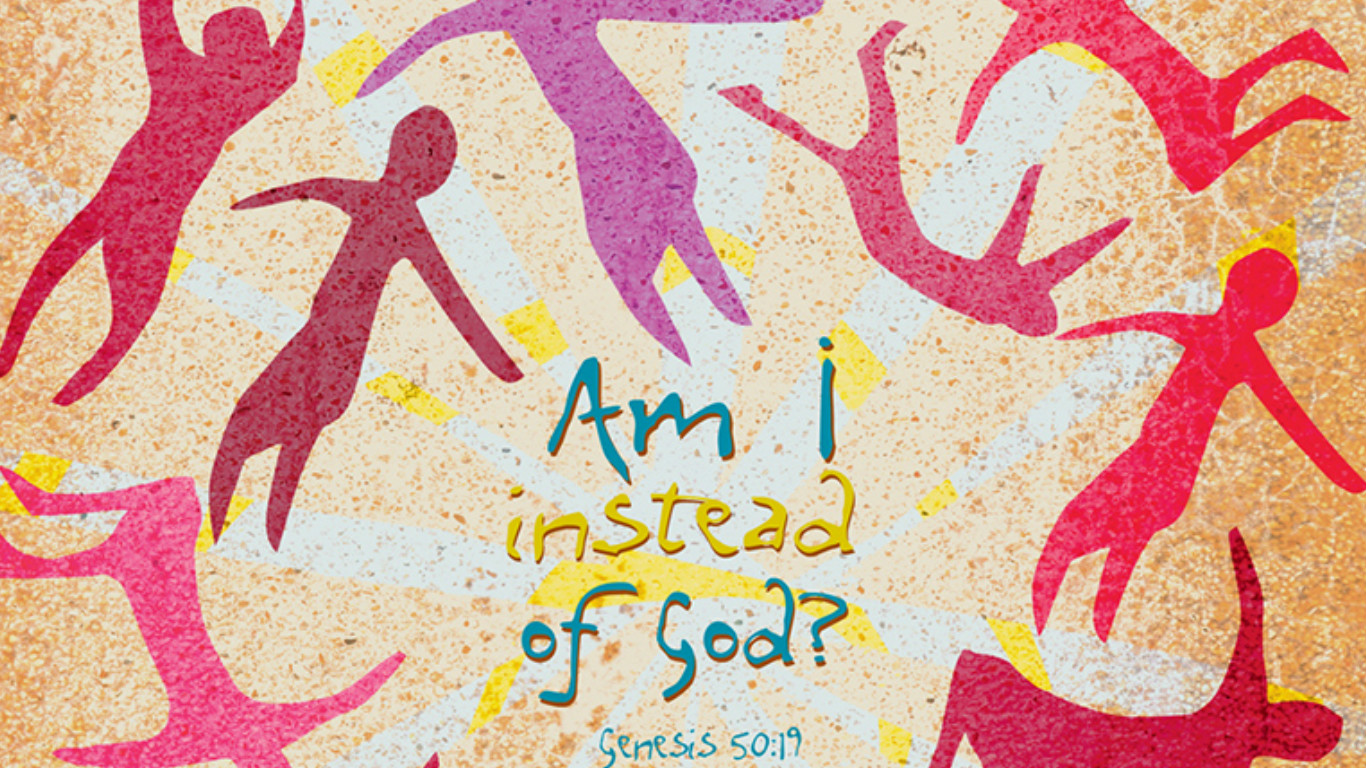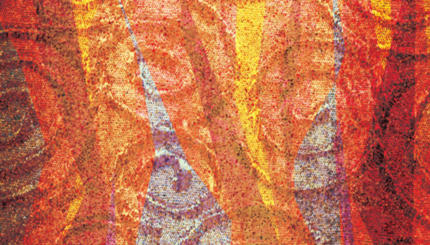Commentary on Parashat Vayechi, Genesis 47:28-50:26
It finally happens. With Parashat Vayechi, the saga of Jacob’s tumultuous life comes to a close. This one-time-deceiver (Genesis 37), son of an almost sacrificed son and grandson of monotheism’s founding father, this transformed man closes his eyes for the last time.
Our question: What wisdom might modern Jews gain from studying the end of Jacob’s life?
First, a rapid review of Jacob’s journey.
Even before his birth, the Torah describes Jacob as a wrestler, struggling with his brother within their mother’s womb. This image typifies sibling dynamics throughout the Book of Genesis, where jealous siblings vie for the love and blessing of their father (as do Jacob’s wives later in the story, perhaps subversively suggesting an early recognition that patriarchal hierarchy is systemically flawed and rife with conflict). The struggle continues as Jacob and his brother Esau grow, ultimately culminating in a tense scene in which Jacob, manipulated by his mother Rebecca, deceives his dying father Isaac in order to take the blessing rightfully belonging to Esau, the elder twin. Isaac’s death scene is a moment of foreboding and anger, as Esau vows revenge for his brother’s treachery. Not the healthiest of family narratives.
With your help, My Jewish Learning can provide endless opportunities for learning, connection and discovery.
It is at the end of his father’s life when Jacob emerges as a self for the first time, running for his life and from his brother. In fact, as biblical scholar Avivah Zornberg has suggested in her masterful book, Genesis: The Beginnings of Desire, Jacob’s escape from his parents’ home (perhaps a darker version of Abraham’s original journey of self-differentiation) leads him to crash headlong into the Divine, dreaming of a ladder stretching heavenward and waking with a new sense of wonder, of surprise. And perhaps this gift, the ability to be surprised, to dream again, is worthy of consideration. What surprises you? In our frenetic-paced lives, can we make room for surprise? Or must we crash if we are to rediscover wonder?
In this week’s Torah portion, and in the portions that immediately precede it, Jacob’s children have demonstrated their continuation of the troubled sibling dynamic of the previous generation. Jacob witnesses the ongoing struggle between his children, a familiar war that threatens not only a family but the fulfillment of God’s promise. (After all, if one family’s children cannot coexist, what is the likelihood that prophesied multitudes of descendants will fare any better?) He is partially to blame for the situation, having in Genesis 37:3 famously given his youngest son Joseph a beautiful coat, an act that so enraged the brothers that they “could not speak peaceably to [Joseph].”
But Jacob’s moment of death stands out more than any other moment in his life. In contrast to of his father’s goodbye, Jacob’s death represents a profound shift in the mood of the Torah. Here, the patriarch sees his children stand together. The youngest has received the lion’s share of blessing, not by tricking his siblings out of their shares. There is something in the flow of Jacob’s final blessings to his children – to all of his children – that indicates a new breed of sibling, a new kind of relationship, one that could very well transform and heal our broken world. Each brother receives a blessing. There is enough blessing to go around.
Genesis begins with sibling rivalry, a jealousy that threatens to end the experiment of humanity before it even begins. Genesis ends with a father blessing all of his children. Yes, this is not the end the story but we, the descendants of Jacob, literally the children of Israel (Jacob’s other name) might learn more from the end of Jacob’s life than his beginning.
We are God-wrestlers, that is true. But we can also choose to bless each other with an abundant love.
Torah
Pronunced: TORE-uh, Origin: Hebrew, the Five Books of Moses.



